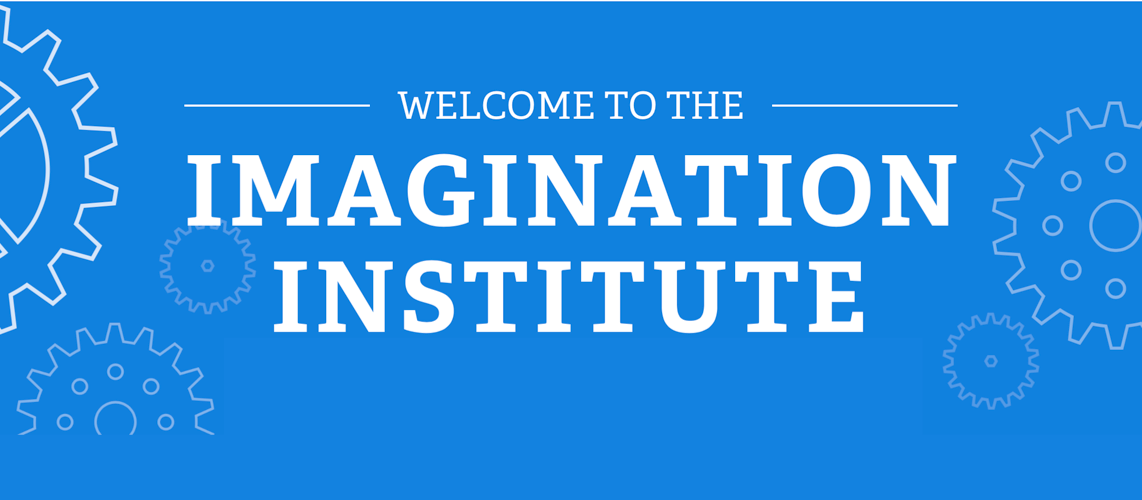Thomas Jefferson University & Hospital
The goal of this study is to use magnetic resonance imaging to determine the anatomical correlates related to creative thinking in a group of masters/geniuses compared to normal controls. We also hope to determine how different parts of the brain are connected to each other in masters/geniuses. We are testing how the brain works during different types of cognitive processes related to creativity such as abductive, inductive, and deductive reasoning.
Researchers

Andrew B. Newberg
Andrew B. Newberg, M.D. is currently the Director of Research at the Myrna Brind Center of Integrative Medicine at Thomas Jefferson University and Hospital in Philadelphia. He is also a Professor in the Departments of Emergency Medicine and Radiology at Thomas Jefferson University. He graduated from the University of Pennsylvania School of Medicine in 1993. He did his training in Internal Medicine at the Graduate Hospital in Philadelphia, serving as Chief Resident in his final year. Following his internal medicine training, he completed a Fellowship in Nuclear Medicine in the Division of Nuclear Medicine, Department of Radiology, at the University of Pennsylvania. He is Board Certified in Internal Medicine and Nuclear Medicine. He has actively pursued a number of neuroimaging research projects which have included the study of aging and dementia, epilepsy, and other neurological and psychiatric disorders. Dr. Newberg has been particularly involved in the study of mystical and religious experiences as well as the more general mind/body relationship in both the clinical and research aspects of his career. His research also includes understanding the physiological correlates of acupuncture therapy, meditation, and other types of alternative therapies. He has taught medical students, undergraduate and graduate students, as well as medical residents about stress management, spirituality and health, and the neurophysiology of religious experience. He has published numerous articles and chapters on brain function, brain imaging, and the study of religious and mystical experiences. He is the author of the new book entitled, “The Metaphysical Mind: Probing the Biology of Philosophical Thought”. He is the co-author of the best selling books, “How God Changes Your Brain” (Ballantine) and, “Why God Won’t Go Away: Brain Science and the Biology of Belief” (Ballantine). He is also a co-author of “Words Can Change Your Brain” (Hudson Street Press) and “Born to Believe: God, Science, and the Origin of Ordinary and Extraordinary Beliefs” (Free Press). And he is also the author of “Principles of Neurotheology” (Ashgate) and co-author of “The Mystical Mind: Probing the Biology of Belief” (Fortress Press) that both explore the relationship between neuroscience and spiritual experience. The latter book received the 2000 award for Outstanding Books in Theology and the Natural Sciences presented by the Center for Theology and the Natural Sciences. Most recently, he has produced a 24 lecture video program entitled, “The Spiritual Brain,” for The Teaching Company. He has presented his work at scientific and religious meetings throughout the world and has appeared on Good Morning America, Nightline, 20/20, CNN, ABC World News Tonight as well as in a number of media articles including Newsweek, Time, New York Times, Los Angeles Times, and Readers Digest.
